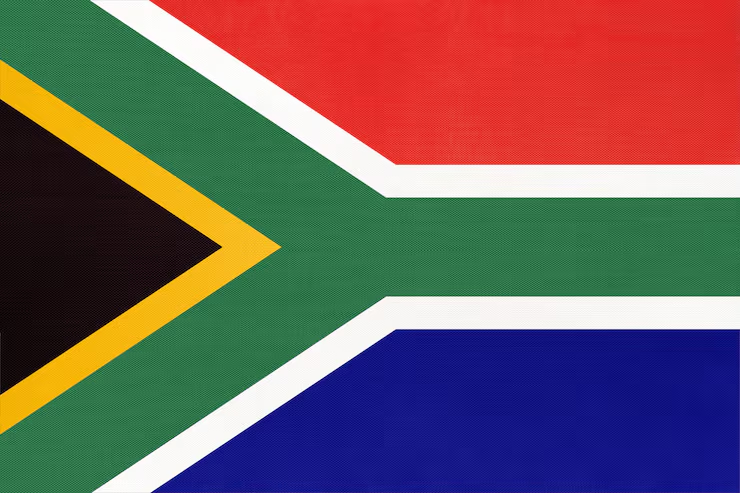Consumer controversies
Banks in the Dock: R60bn Class Action Over Home Repossessions Set for 2026

Former homeowners say their lives were turned upside down when banks sold their homes for as little as R1 000. Now, they’re taking the fight to court and it’s been eight years in the making.
It’s the legal showdown that could rewrite the rules of banking and housing rights in South Africa.
In February 2026, a groundbreaking class action lawsuit eight years in the making, will finally hit the High Court. At stake? R60 billion, and justice for more than 100,000 South Africans who say their homes were effectively stolen by the country’s biggest banks.
Led by the Lungelo Lethu Human Rights Foundation, and represented by Advocate Douglas Shaw, the case accuses four major South African banks, Absa, Nedbank, Standard Bank, and FirstRand of auctioning off homes for a fraction of their market value, sometimes as low as R1 000. The plaintiffs argue that this practice violated their constitutional rights, stripped them of equity, and amounted to modern-day forced removals.
The Long Road to Court
Launched in 2017, the case has been tangled in delays, technical objections, and bureaucratic hurdles. But the momentum has finally shifted. The next key step is for the court to “certify” the class, allowing hundreds of individuals to sue the banks as a single group.
“It’s taken eight years to get this far,” says Shaw. “But we are moving in the right direction.”
He’s representing former homeowners who claim they were evicted unlawfully and that the banks sold their homes for far less than their true value, often without due process or alternatives provided.
A Country’s Shame: Auctions for R1 000
Evidence already presented in court paints a disturbing picture. Properties worth R200,000 to R1.3 million were sold for as little as R1,000, a practice once legal due to a glaring loophole: the absence of a court-mandated reserve price.
That changed in 2017, when court rules were amended to require a minimum price, except in exceptional cases. But Shaw says the damage was already done and the abuse still lingers.
“Even now, with reserve prices in place, homes are being sold for just 50% to 70% of their actual value,” he says.
Banks Say They Followed the Law
In response, the banks argue they were acting within the law and only pursued repossessions after exhausting all options.
They describe foreclosure as a last resort, following efforts to help customers through payment plans and restructuring. The National Credit Regulator (NCR), the Minister of Justice, and the SA Human Rights Commission are also named in the suit for allegedly failing to protect consumers.
But critics say the banks’ version doesn’t hold water.
Foreclosure as a First, Not Last, Resort?
The Lungelo Lethu Human Rights Foundation insists that banks often jump straight to foreclosure, with little empathy for the financial distress of their clients.
Recent court cases are lending weight to this claim.
-
In June 2024, the High Court slammed Standard Bank for trying to foreclose on trade unionist Zwelinzima Vavi, even though he was actively settling his arrears.
-
A week later, Absa was rebuked for a messy foreclosure attempt where the court couldn’t even verify whether the customer owed anything.
Foundation president Nkululeko Xhelithole compares the practice to apartheid-era forced removals, saying, “Back then, it was the state. Today, it’s the banks. But the people are still being thrown out of their homes.”
What the Lawsuit Demands
The plaintiffs want the banks to:
-
Pay back the difference between the market value and auction price of each home;
-
Pay interest on that difference from the date of the sale;
-
And most importantly, be held accountable for what they see as decades of abuse.
Where Was the Regulator?
Shockingly, it was the National Credit Regulator itself that requested research into this issue, then attempted to suppress the findings by citing POPIA and the National Credit Act.
In 2022, a court dismissed the NCR’s attempt to block the information, noting that personal data had been redacted.
Consumer groups were furious. “The NCR should’ve been on our side,” says Xhelithole. “Instead, they tried to keep this in the dark.”
Why This Matters
This case isn’t just about numbers. It’s about home, dignity, and justice.
Since 1994, over 100,000 homes have been repossessed under what Shaw calls one of “the most abusive foreclosure regimes in the world.” The estimated R60 billion in lost value is a conservative figure — it doesn’t include trauma, dislocation, or the cost of rebuilding shattered lives.
For many, this class action is about more than compensation. It’s a stand against an economic system that puts commercial rights above constitutional protections.
The Big Question: Do Bank Rights Trump Human Rights?
That’s the question at the heart of this case and in February 2026, South Africa’s courts will finally have to answer it.
The outcome could reshape banking practices, consumer rights, and the very nature of property law in the country.
Until then, for thousands of South Africans, justice is still under auction.
{Source: Moneyweb}
Follow Joburg ETC on Facebook, Twitter , TikTok and Instagram
For more News in Johannesburg, visit joburgetc.com


























